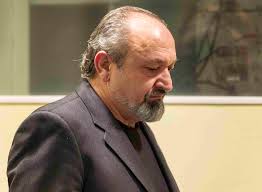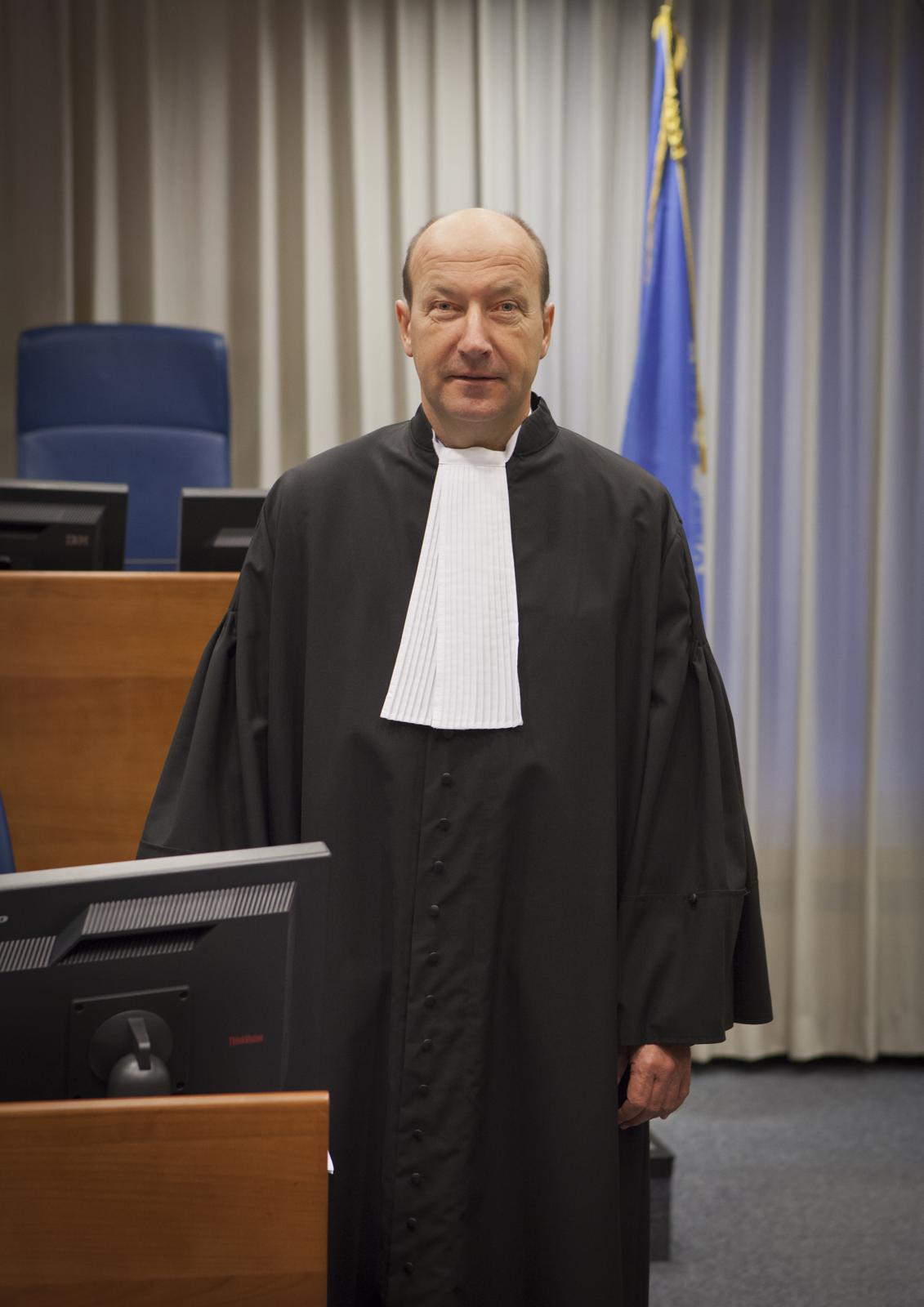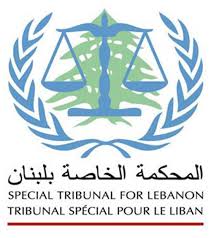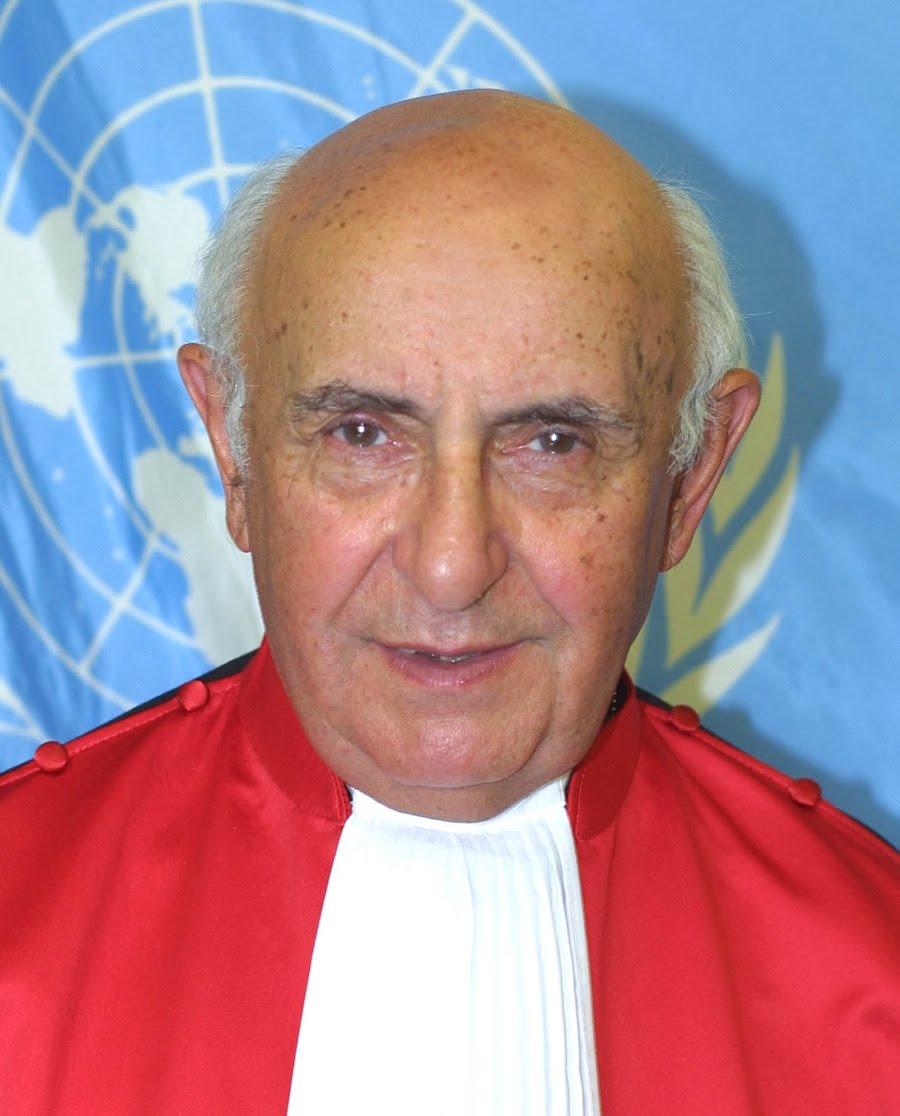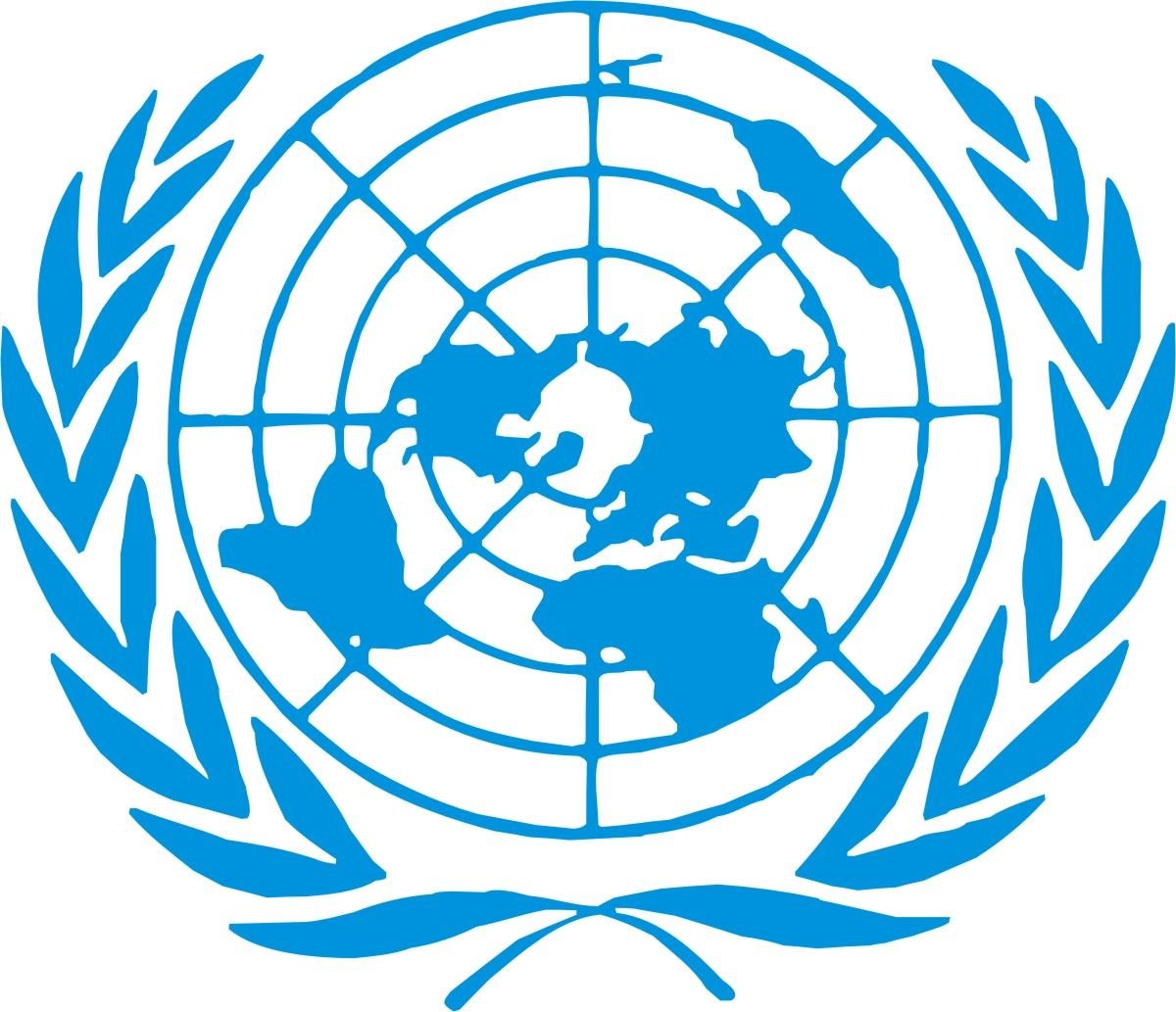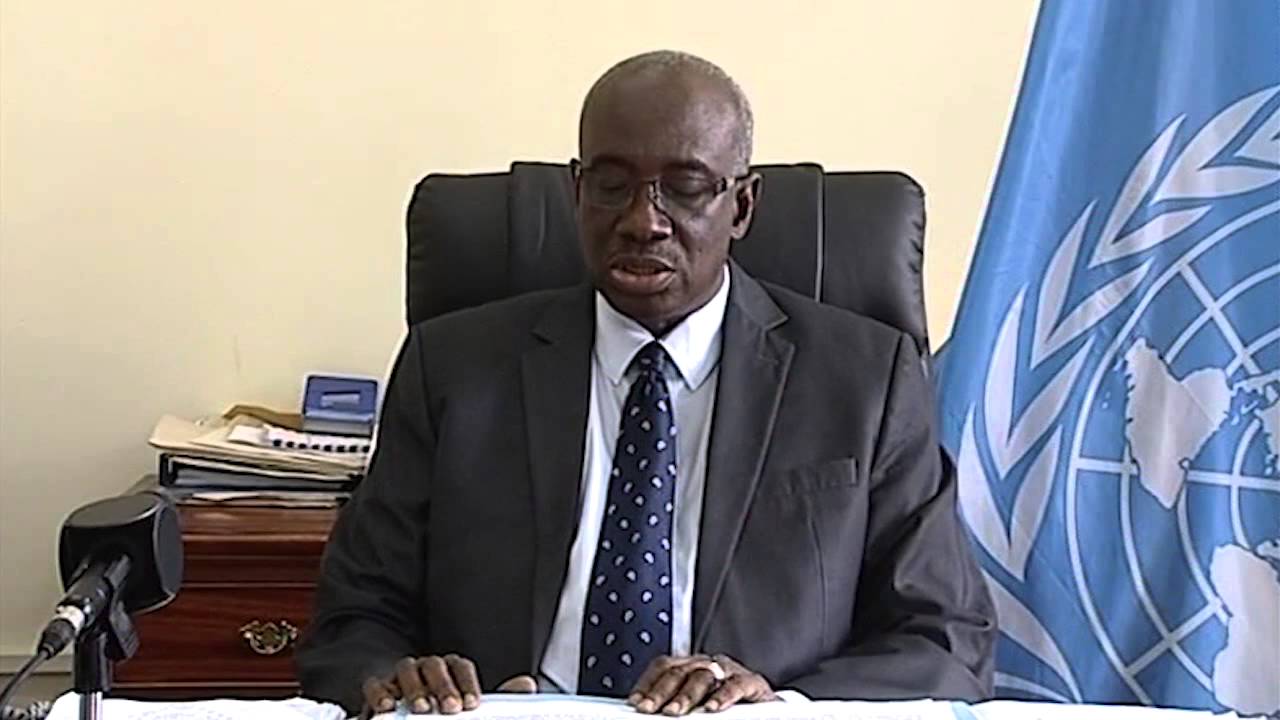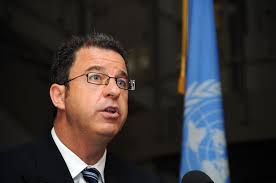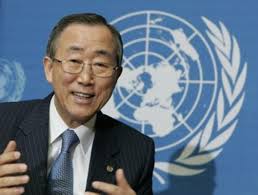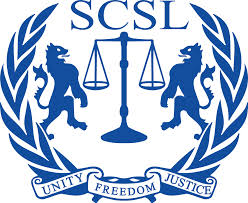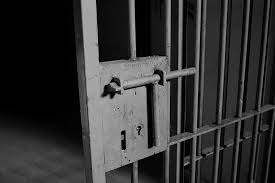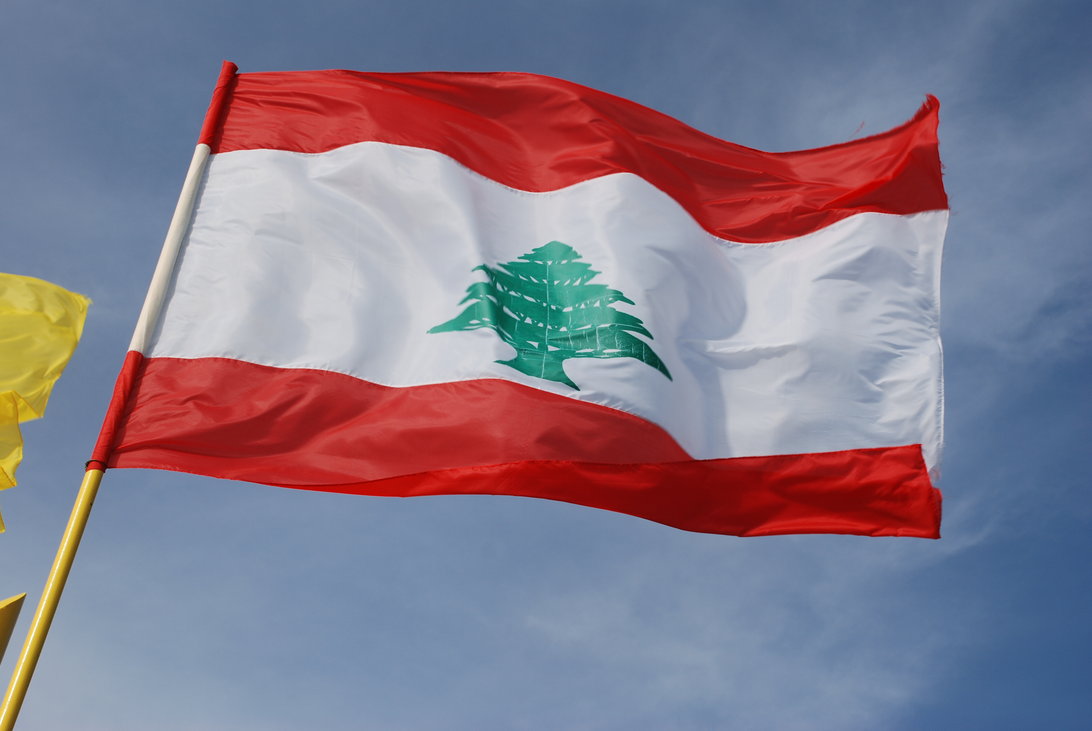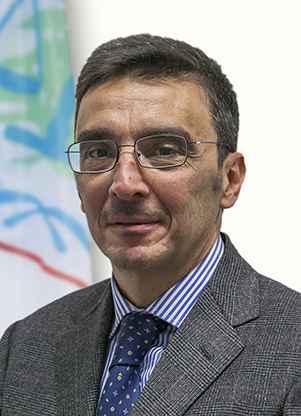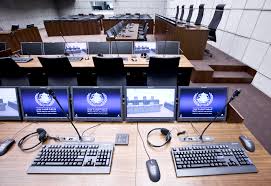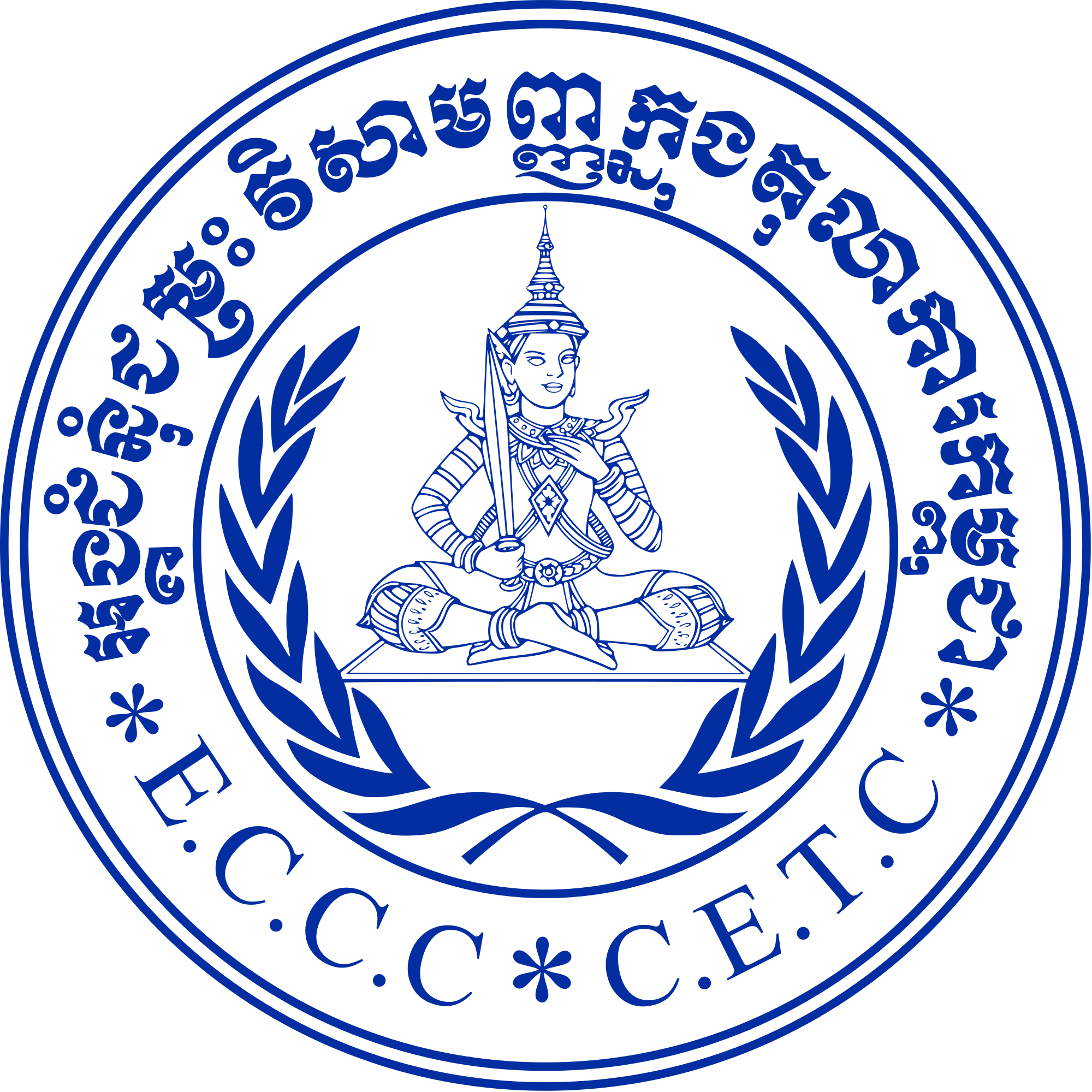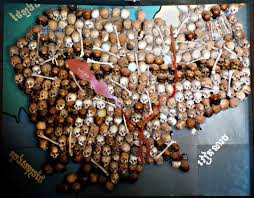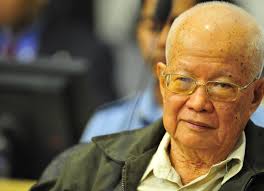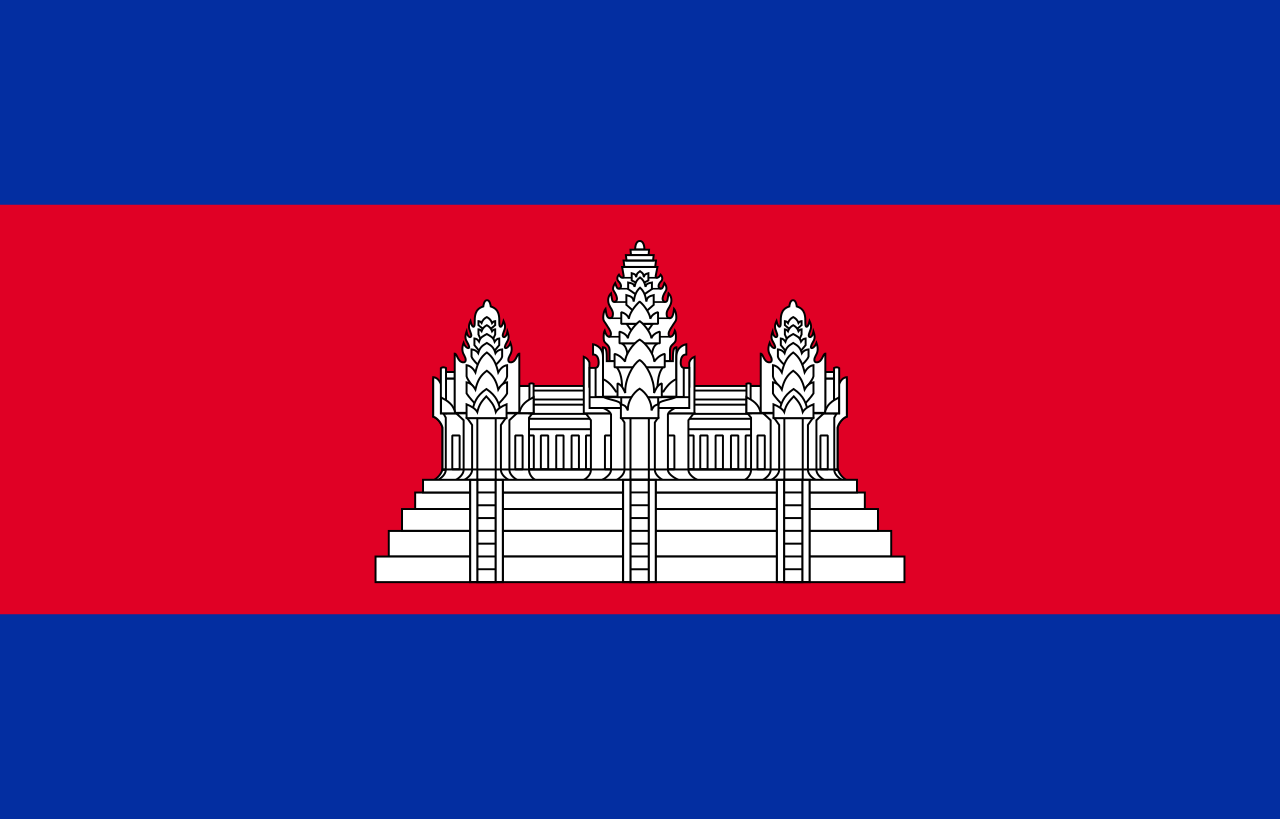Sidebar
ICTY and MICT President Theodor Meron today offered his congratulations to the ICTY’s sister tribunal, the International Criminal Tribunal for Rwanda (ICTR), on the 20th anniversary of its creation.
In congratulating the ICTR, President Meron said, “the creation of the ICTR on 8 November 1994, along with the creation of the ICTY a year earlier, started a true revolution in international humanitarian law by ending impunity for serious international crimes. Even though the ICTR and the ICTY were established as ad hoc tribunals with limited geographical jurisdiction, the creation of these institutions in the early 1990s marked the beginning of a new era in international law, as well as international affairs.”
Established by the Security Council in 1994, the ICTR prosecutes individuals responsible for genocide and other serious violations of international humanitarian law committed in the territory of Rwanda and neighbouring States, between 1 January 1994 and 31 December 1994. Those atrocities left a reported one million people dead.
President Meron underlined that “the ICTY and ICTR share a common goal, to ensure accountability for the most heinous crimes ever committed, and the vast wealth of their combined jurisprudence has proven tremendously helpful in the adjudication of cases before the tribunals”.
In addition to being the first Tribunal to ever deliver a conviction for genocide and to recognise rape as a means of perpetrating genocide, the ICTR became the first international tribunal to hold representatives of the media responsible for inciting the perpetration of genocidal acts.
Since its inception 20 years ago, the ICTR has indicted 93 individuals and has sentenced 61 of these individuals for genocide, war crimes, and crimes against humanity.
On the occasion of a ceremony commemorating the 20th anniversary of the Genocide in Rwanda, the Secretary General of the United Nations, Ban Ki-Moon said on Thursday that the UN had made important lessons from the failure of the international community to respond to the genocide in 1994.
"We always remember the 800,000 innocents who were brutally murdered", Ban said at the opening in New York of the event entitled "Kwibuka 20" with the slogan "Remembrance, Unity, Renewal". Genocide in Rwanda was a historic failure of the community international, who has not responded to the crimes committed.
The Secretary General stressed that the UN has taken a number of lessons from this failure and improved responsiveness since.
"States Member have adopted the responsibility to protect. We have established the Office of the Special Adviser to the United Nations on the Prevention of Genocide" he said. "We have strengthened our capacity for mediation and preventive diplomacy. We have also initiated new efforts to protect civilians on the ground, including the recent political "open" in southern Sudan."
Ban Ki-Moon also highlighted the activities of the International Criminal Court, international tribunals and national courts. "The International Criminal Tribunal for Rwanda, with the cooperation of Rwanda and other states, continues to prosecute people for their alleged role in the genocide", he said.
Ban Ki-Moon urged the people and Government of Rwanda to continue to promote the openness needed for healing and reconciliation and deepen respect for human rights.
However, the Secretary General felt that more needed to be done to fully integrate and apply the lessons learned from the failure of the international community in Rwanda.
He cited the collective inability to prevent atrocities in Syria over the past three years.
With nine men linked to the 1994 genocide in Rwanda still on the run, the Prosecutor who would help to try them is today urging Member States to cooperate with the United Nations war crimes tribunal and its successor body to track down and arrest the fugitives.
At a press conference at the UN Headquarters in New York, Justice Hassan Bubacar Jallow, Prosecutor of the International Criminal Tribunal for Rwanda (ICTR) and the Mechanism for International Criminal Tribunal reiterated the UN’s call on Member States “to live up to their obligations to cooperate with the [residual mechanism], and the tracking and the arrest of these fugitives.”
The Appeals Chamber issued its Judgement in the Popović et al. case, concerning five senior Bosnian Serbian military officials for crimes perpetrated by Bosnian Serb forces in July 1995, following the takeover of the protected areas of Srebrenica and Žepa.
The final convictions for the five Appellants stand as follows.
The Tribunal’s Registrar John Hocking and the General Director of the Custodial Institutions Agency of The Netherlands, Peter Hennephof, today signed an extension of the Agreement on Detention Facilities and Services between the United Nations and the State of The Netherlands.
Through this Agreement, The Netherlands will continue to provide the Tribunal with the detention facilities and services necessary to house all persons detained on the authority of the Tribunal and The Hague branch of the Mechanism.
The Agreement is effective from 1 January to 31 December 2015 and allows for a further extension until the end of 2017. It covers important matters such as the provision of medical services to Tribunal detainees, the management and maintenance of the United Nations Detention Unit (UNDU) and the costs of detention. The Agreement is vital in allowing the Tribunal to fulfil its mandate as it ensures that the conditions in which the detainees are housed meet the highest international standards.
As part of preparations for his regular six-month completion strategy report to the UN Security Council, Prosecutor Serge Brammertz will in the coming days travel to Sarajevo and Belgrade to discuss the cooperation of Bosnia and Herzegovina and Serbia with the ICTY.
Prosecutor Brammertz will be in Sarajevo this week from 12 to 14 November. He will meet with Chief Prosecutor Goran Salihović, President of the Court of Bosnia and Herzegovina Meddžida Kreso and representatives of victims associations. The Prosecutor will also meet with Ambassador Jonathan Moore, Head of OSCE Mission to Bosnia and Herzegovina, as well as with the representatives of the international community.
The Prosecutor will be in Belgrade from 17 to 19 November where he will meet with Prime Minister Aleksandar Vučić, Minister of Interior Nebojša Stefanović, Minister of Defence Bratislav Gašić, Minister of Justice Nikola Selaković and War Crimes Prosecutor Vladimir Vukčević. In addition, the Prosecutor will meet with the representatives of the international community.
The address of Prosecutor Serge Brammertz to the UN Security Council has been scheduled for the second week of December this year.
As tribunal closes, UN chief hails achievements in ensuring accountability in Sierra Leone.
Secretary-General Ban Ki-moon has congratulated the staff of the United Nations-backed Special Court for Sierra Leone (SCSL), which closes today, on their important achievements over the past 11 years in ensuring accountability for crimes committed during the country’s decade-long civil war.
The SCSL, an independent tribunal set up jointly by the Government of Sierra Leone and the UN, is mandated to try those who bear the greatest responsibility for serious violations of international humanitarian law and Sierra Leonean law committed in the country since 1996.
Based in the capital city of Freetown, the Special Court carried out numerous trials since its establishment in 2002, including those of various leaders in the country as well as of former Liberian President Charles Taylor. The trials saw first-ever convictions for attacks against UN peacekeepers, forced marriage as a crime against humanity, and for the use of child soldiers.
Oral Hearings Conclude in Taylor Appeal, Judges Will Now Retire to Deliberate and Consider Judgement.
Lawyers for the Prosecution and Defence made their final arguments before the Appeals Chamber this week in the trial of former Liberian President Charles Taylor. The five Judges and one Alternate Judge heard Appeal Submissions from the parties on Tuesday, and their Responses and Replies on Wednesday.
On 26 April 2012, the Trial Chamber found Mr. Taylor guilty on all 11 counts of the indictment, finding that he had participated in the planning of crimes, and of aiding and abetting crimes, committed by rebel forces in Sierra Leone. On 30 May 2012, the Trial Chamber sentenced him to a prison term of 50 years.
The Defence has presented 42 grounds of appeal, arguing that the Trial Chamber made systematic errors in the evaluation of evidence and in the application of law sufficiently serious to “reverse all findings of guilt entered against him” and to vacate the judgement. The Defence brief also questioned the fairness of the trial and the judicial process itself, and challenged the 50 year sentence imposed by the Chamber as being “manifestly unreasonable.”
The Prosecution has also appealed the judgement on four grounds, arguing that Mr. Taylor should have been found guilty of other modes of liability, and that he should have received a significantly longer sentence.
For the oral arguments, the Appeals Chamber asked both the Prosecution and the Defence to address six questions (set forth in full below), looking at the application of international law to modes of liability, the extent to whether uncorroborated hearsay evidence may be relied upon in determining findings of fact, and how existing jurisprudence relating to adjudicated facts should be applied to a Defence motion to admit adjudicated facts after the Prosecution had closed their case.
Both parties expressed appreciation for the opportunity to address “these important legal questions”.
Four persons convicted last month of contempt for interfering with the administration of justice at the Special Court were sentenced today to terms of imprisonment ranging from 18 months to two years.
Ibrahim Bazzy Kamara and Santigie Borbor Kanu (aka “Five-Five”), who were each convicted on two
counts of interfering with the administration of justice, were sentenced to prison sentences of two years on each count. Justice Teresa Doherty reduced their sentences by two weeks in consideration of their changed conditions of detention during the trial. The contempt convictions will be served concurrently, meaning they will each serve a total of one year and fifty weeks, in addition to the sentences they are currently serving at Mpanga Prison in Rwanda on convictions for war crimes and crimes against humanity.
Kamara was convicted on September 25 for attempting to induce a witness to recant (to state that he testified falsely) testimony given before the Special Court, and for disclosing the identity of a protected witness. Kanu was convicted of offering a bribe to a witness, and for otherwise attempting to induce a witness to recant testimony given in Special Court proceedings.
Hassan Papa Bangura (aka “Bomblast) was sentenced to two 18-month prison terms for his convictions on two counts of offering a bribe to a witness, and of otherwise attempting to induce a witness to recant testimony given before the court. The two sentences will run concurrently. He will receive credit for the time he spent in detention during his trial.
Samuel Kargbo (aka “Sammy Ragga”) received two 18-month suspended sentences, meaning that he will serve no jail time as long as he remains of good behaviour for the next two years. Kargbo pleaded guilty at his initial appearance in July 2011 to offering a bribe to a witness and of otherwise attempting to induce a witness to recant his testimony. He subsequently testified for the prosecution.
During the four-month trial, the court held proceedings at the SCSL courthouse in Freetown and in an ICTR courtroom in Kigali, Rwanda. Bangura and Kargbo participated in their trial in Freetown, and Kamara and Kanu participated in Rwanda. The two courtrooms were connected by VTC video link.
Under the Special Court Rules which were in effect at the time the offences were committed, the court could have imposed a maximum sentence of seven years imprisonment, a fine of two million leones (approximately $500), or both.
Fifteen NGO representatives from Lebanon have completed training on monitoring international criminal proceedings, with a three-day study visit to The Netherlands.
The aim of the training was to provide Lebanese NGOs with the necessary information and skills to effectively monitor international criminal proceedings, especially those before the Special Tribunal for Lebanon.
The Contempt Judge Nicola Lettieri issued an order scheduling a status conference in the case against Akhbar Beirut S.A.L. and Ibrahim Mohamed Ali Al Amin for Friday 12 September 2014.
In his order, Judge Lettieri invited Mr Al Amin to participate in the status conference, which will start at 3 PM (CET).
The hearing will cover the following items:
Issues related to counsel's representation of the Accused;
The state of the pre-trial proceedings;
Any other matter of relevance that the Parties wish to discuss.
The scheduling order follows a decision by a panel of judges dismissing Mr Al Amin's request to disqualify Judge Lettieri from hearing the case.
As with all public hearings, members of the media and public are invited to attend the proceedings.
A hearing for the issuance of a decision on jurisdiction in the contempt case against New TV S.A.L and Ms Karma Mohamed Tahsin Al Khayat (case no. STL-14-05) has been scheduled for Thursday 24 July. In this hearing Judge Nicola Lettieri will issue a decision on the jurisdiction of the Tribunal to hear cases of contempt with respect to legal persons.
The Defence motion challenging such jurisdiction was filed on 16 June 2014. By the same date, 18 amicus briefs related to jurisdiction were submitted by individuals and organisations in Lebanon and elsewhere.
In the scheduling order, the Contempt Judge stressed that the legal issues raised are important for the Tribunal and the Lebanese public. The Judge will read a summary of the decision and provide the written full version of the ruling during an open hearing starting at 3:00 PM (CET).
The Trial Chamber of the Extraordinary Chambers in the Courts of Cambodia (ECCC) has denied a request from the Co-Prosecutors to appoint an amicus curiae counsel on a temporary basis, and has ordered the Defence Support Section to appoint one international and one national Court Appointed Standby Counsel for Khieu Samphan.
The Trial Chamber took this action as a result of its finding that the conduct of KHIEU Samphan and his Defence counsel over the last two months, including the failure to appear in court, obstructed proceedings. The Chamber has taken this action with a view to preventing such obstruction from occurring again.
Media reports indicate that questions have arisen at recent court outreach events concerning whether there will be more cases at the ECCC after Cases 003 and 004. The International Co-Prosecutor, Nicholas Koumjian, reiterates that the consistent policy of his office remains as first announced by his predecessor on 8 September 2009: no further cases will be submitted to the Co-Investigating Judges. The focus of the International Co-Prosecutor and his staff remains squarely on completing the cases currently on appeal, at trial and under investigation fairly and expeditiously, so that justice can be done and seen to be done and a fuller measure of accountability achieved for the crimes committed during the period of Democratic Kampuchea.
The Trial Chamber of the Extraordinary Chambers in the Courts of Cambodia (ECCC) has adjourned trial hearings in Case 002/02 until 09:00 on 8 January 2015. The adjournment is a consequence of the continued refusal of counsel for Khieu Samphan to participate in the proceedings in Case 002/02 before 29 December 2014, when the brief on Khieu Samphan’s appeal in Case 002/01 is due.
Before adjourning, the Chamber noted that its primary responsibility is to commence and conduct the trial in Case 002/02 in a fair and expeditious manner for the interests of justice to prevail. The Chamber noted that none of its concessions, including a reduction in trial days from three days a week to two days a week, have succeeded in bringing the counsel for Khieu Samphan back into the courtroom.
ECCC Internal Rule 54 requires that any Introductory or Supplementary submission by the Co-Prosecutors shall be confidential documents. It provides however that the Co-Prosecutors “may provide the public with an objective summary of the information contained in such submissions.” Accordingly, taking into consideration the interests, security and privacy of victims and witnesses, the rights of suspects who are entitled to the presumption of innocence, and the requirement of rules that the investigation shall be confidential, the International Co-Prosecutor provides the following information.
On Friday 31 October 2014, the International Co-Prosecutor filed a Supplementary Submission in Case 003 that was principally intended to remove any ambiguities concerning the scope of the Introductory Submission. The International Co-Prosecutor first reaffirmed clarifications submitted in various previous filings regarding crimes falling within and outside the scope of the investigation, and then provided further clarifications.


